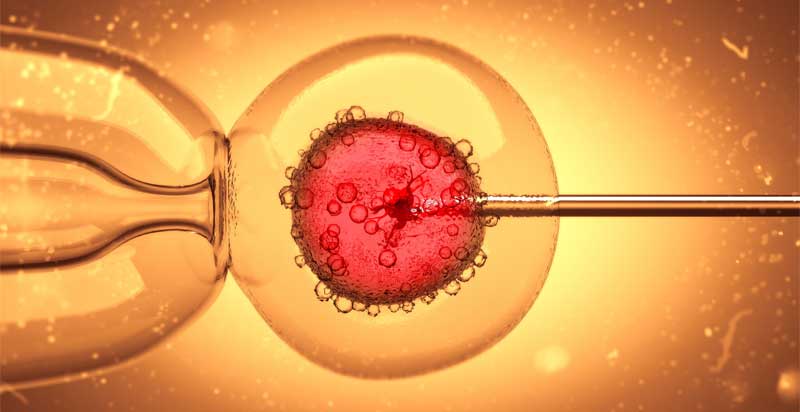The biggest doubt that comes to mind when seeking IVF care is, “would it work?”. Many duo do take part in the IVF procedure, but the phase ranges. There are also a few considerations that need to be held in mind before assessing the effectiveness of IVF therapy.
The first achievement of In-vitro Fertilization (IVF) for the woman who could not conceive came back in 1978 for the very first time. Since then, the technique has advanced a lot and offered the joy of parenthood to innumerable couples around the world. However, statistically, the overall average performance rate of IVF is below 50%. In other words, almost half of the attempts have failed. This does not mean that the methods are not so effective. They are, but it is mainly the particular condition of each couple that determines the success or failure of IVF. Often, with the appropriate doctors and the correct health investigation, failure can be turned into success.
Specific Reasons Influencing the Failure and Progress of IVF
Age
Previous Pregnancy
Failure in Implantation
Lifestyle
Type of Fertility Issues
Fertility Clinic
Perhaps one of the greatest external factors influencing the effectiveness of the IVF care clinic selected by the couples for their care. Multiple factors that influence the performance of the IVF cycle have a direct link to the fertility clinic and its knowledge, protocol, and technology from the positive outcome of the lab to laboratory requirements, air quality, and the experience of embryologists all play a significant role.
You can Rely on Paaranu Clinic and our Expertise in this Phase, we’d be Obliged to Assist You.




